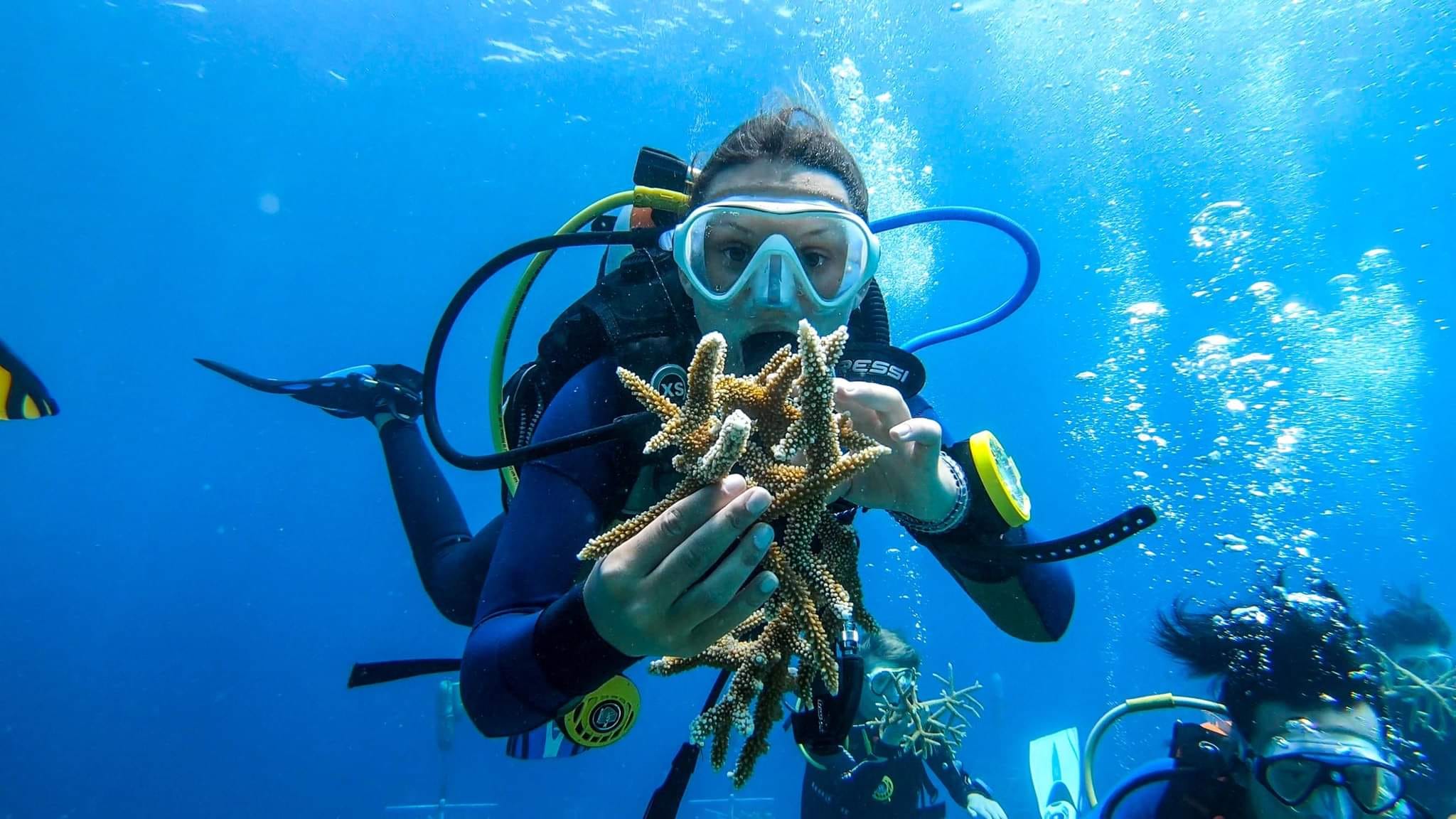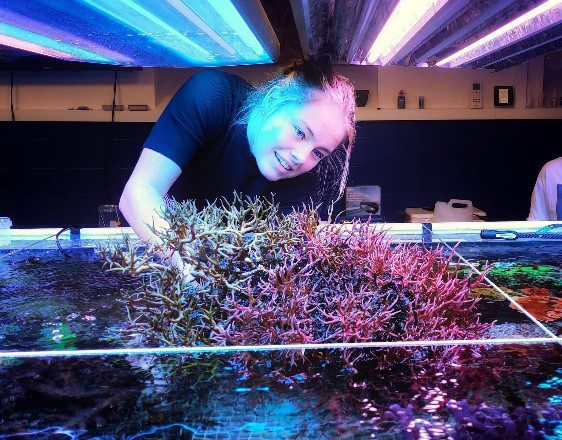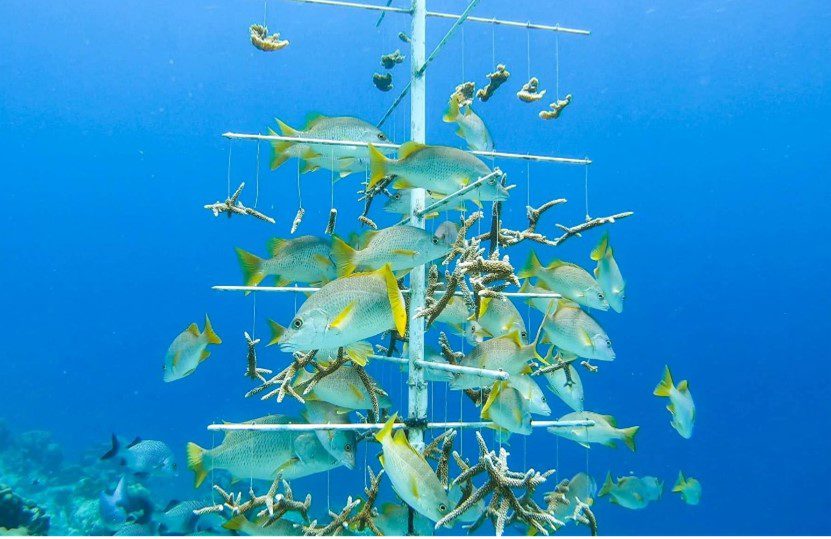
Coral Restoration
Category
Cultural subjects, Profile subject P3, Travelling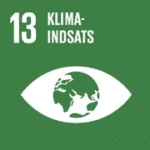
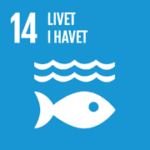
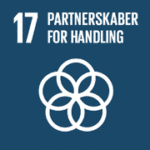
If you've seen The Blue Planet, you're surely familiar with the vast ecosystem that exists beneath the ocean's surface in the form of coral reefs. This ecosystem not only houses over 25% of marine wildlife but also protects global coastlines from storms and erosion and is responsible for producing 50% of the Earth's oxygen. Reefs are a vital source of food, medicine, and income for over half a billion people. Unfortunately, about 70% of the ocean's coral reefs suffer from bleaching, a process that occurs when the reef is damaged and dies. Through Ranum Efterskole’s Coral Restoration Program, we don’t just encounter local cultures and communities; we also strive to make a difference by helping rebuild coral reefs around the world. Previously, we have traveled to Egypt, Bonaire, Puerto Rico, Costa Rica, and are now planning a trip to the Maldives.
Through Ranum Efterskole’s Coral Restoration Program, we don’t just encounter local cultures and communities; we also strive to make a difference by helping rebuild coral reefs around the world. Previously, we have traveled to Egypt, Bonaire, Puerto Rico, Costa Rica, and are now planning a trip to the Maldives.
The lessons
In the introductory lessons prior to the trip, we explore local culture, traditions, school systems, government, and much more. We spend time learning about corals and how to propagate and replant them. We also use this training period to prepare students to obtain a diving certification, a necessity for the trip.
We guarantee that all students can achieve at least one diving certificate, regardless of prior experience. The diving training includes both theoretical lessons and pool practice. Depending on students' prior experience, the amount of training may vary.
UN's 17 Development Goals
With Coral Restoration, we place a strong emphasis on Sustainable Development Goals 13 – Climate Action, 14 – Life Below Water, and 17 – Partnerships for the Goals. We work towards these goals by researching and taking action to make a difference in combating climate change and ocean pollution, collaborating with local associations and organizations, and through knowledge-sharing and active efforts to address these issues.
TRAVEL
During the trips, we strive to live close to the local population, giving us the opportunity to experience their everyday life. Regardless of the destination, we work to arrange a local school visit where students can see what a school day looks like in another culture. We aim to explore as many local and cultural sights as possible, including architecture, history, and more. On previous trips, we have assisted local organizations in their work to restore coral reefs. For our upcoming trip to the Maldives, we have been invited by the local diving school on the island of Dharavandhoo to help them set up their own Coral Restoration program. On this upcoming trip, we also plan to visit one of the nearby uninhabited islands and spend a day on the main island, Malé.
Duration
Approx. 12 days
After the trip
After the trip, we will work together on our experiences on the journey. The students will have the opportunity to create different presentations describing the cultural encounters they have had, and together we can explore the importance of helping each other take care of our nature across national borders.
Requirements for the students
- Diving licence. There is no pre-requisite for a diving licence, but this is something we spend class time acquiring.
- Motivated to study marine life and corals and participate in the studies and work.
- Courage to meet new people with a different view of life and different living conditions.
Safety
The Ministry of Foreign Affairs' recommendations vary depending on our destination, but we naturally keep ourselves updated both before and during the trip via their travel guides:
Travel guides
Vaccinations
Tetanus, Diphtheria, Hepatitis A
Teachers

Rolf Iversen
ri@ranumefterskole.dk
Terms and economy
Self-payment on the journey will be approximately DKK 15,000.
Pocket money: App. 1.000 kr. recommended





